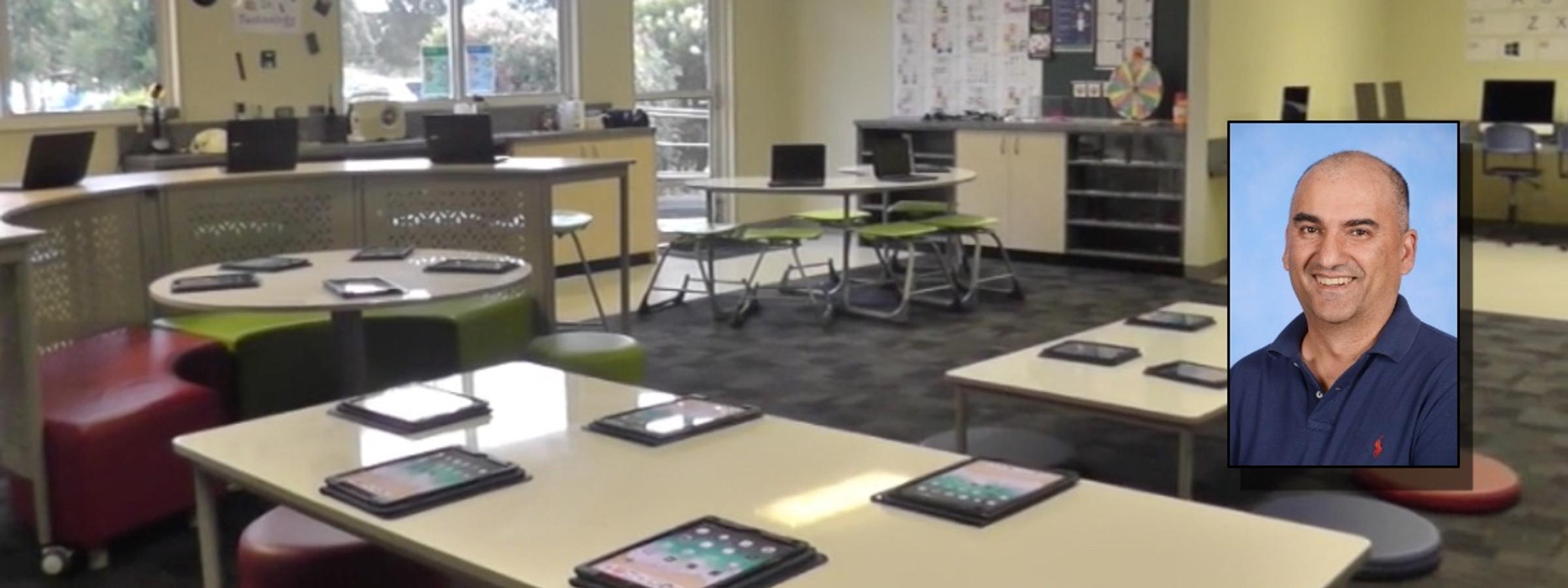Managing Devices at home
Children and adults are using devices for more significant periods each day. With the recent experience of remote learning and lockdowns, this trend has exacerbated this even further. Studies have shown that this dependence on devices can harm an individual's physical and mental health, not to mention relationships within families. However, technology has many positive, lifelong benefits for students. These include:
- Digital literacy is crucial in many professional careers.
- A good grasp of digital technologies will likely relate to improved academic performance.
- Some aspects of interactive, digital programs can enable greater learning, particularly in children with learning difficulties.
Like everything in life, the secret to managing digital devices is balance, moderation and showing by example.
A few tips include:
- Set rules for 'no screen time situations' – such as at mealtime, in bed, before school or in the car. These times should be utilised to speak with your children, discuss their day, prepare for their day, and rest — not swiping, watching, and tapping.
- Try to set daily limits — it's okay to go over these limits now and then, but treat this extra time as a privilege and not a given. Controls can be set using Apple Screen Time for Apple devices or through filtering options through your internet service providers (Telstra, Optus, iiNet)
- Combine learning with screen time. Limit the use of simple games or videos and replace them with apps or programs on an educational basis. Learning to code, playing online Sukodu, crossword puzzles, or instructions for drawing are all family-friendly activities that add to the learning.
- Ensure that screen time does not take precedence over or replace other essential activities, such as exercise, outdoor activities, or reading.
- Create 'no screen time zones' — particularly bedrooms for young children. If the digital screen will consume their attention, at least allow them to do it in the living room or a family setting instead of in isolation in their room.
- Participate in screen time together! Research shows that using apps or playing digital games together can be beneficial, as it encourages dialogue and conversation — a vital element in developing verbal skills.
If families require any more resources, they can be found at the E-Safety website - https://www.esafety.gov.au/parents/resources. If parents/carers have successful strategies in your families, please send them to me so that I can share them with other families through The Link.
If you have any other questions or queries, email me at Hardev.singh@education.vic.gov.au. Stay safe!
Resources:
Melbourne Child Psychology https://www.melbournechildpsychology.com.au/blog/how-much-screen-time-is-too-much/
E-Safety Commissioner https://www.esafety.gov.au/
Valley Healthwise https://blog.valleywisehealth.org/negative-effect-of-screen-time-adults-children/
The Sydney Morning Herald – "iPad screen time can be good for kids if parents get involved too, experts say."
